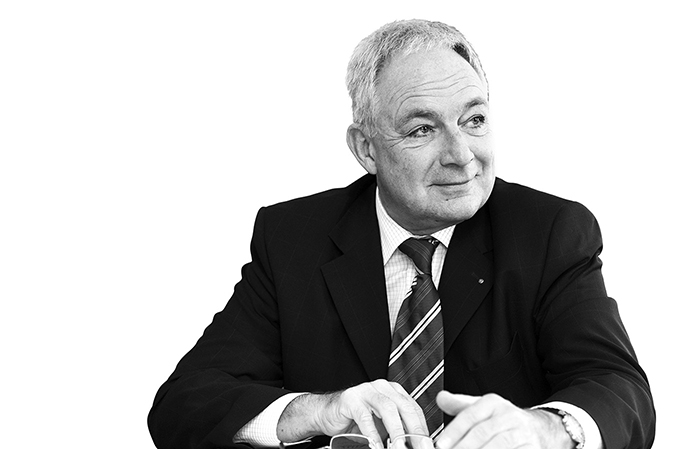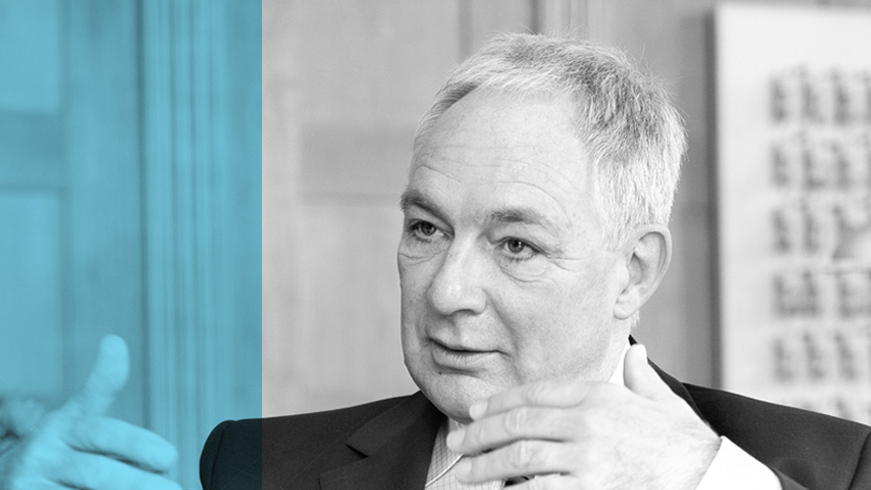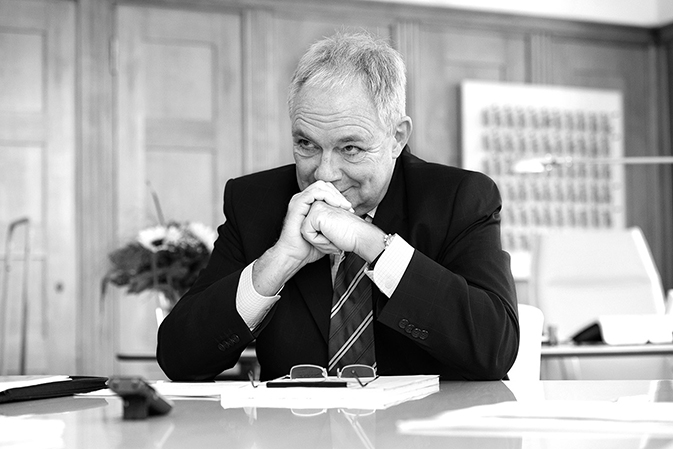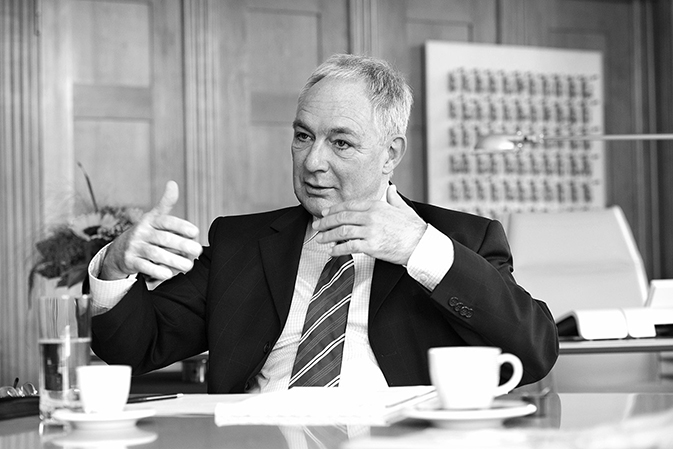echo-interview with Ulrich Fricker, Chairman of the Suva executive board
Suva insures around 118,000 companies with approximately 1.9 million employees, which makes it the giant in the Swiss insurance landscape. How does Suva get along with the private insurers?
Every now and again, delimitation in the accident insurance market becomes a topic of discussion: does a specific company fall in Suva’s remit, or not? Generally speaking, however, cooperation is good, in particular with regard to the actuarial tables. For example, we cooperate in preparing the proposals for technical interest rates for the Federal Council, and we also cooperate in various commissions and associations and on the Swiss Council for Accident Prevention (bfu).
All four members of Suva’s executive board come from the private sector. Did these managers also introduce management principles from the private sector?
Of course! We may be a public-sector company, but we have to generate our profits without any government support. As long ago as the 1990s, my predecessors started to implement the management model of the University of St. Gallen. Today, Suva is as thoroughly organised as any company listed on the stock exchange. At the operational level we consistently work in a process-oriented manner. Suva has also won two prizes, which shows that we are not doing too badly. In 2004, we received an Esprix award for special proximity to our customers, and in 2009 we won the Esprix award for business excellence, the highest award that can be won in this field. Suva is the only insurance company in Switzerland that has ever won this award as a total enterprise.
To get back to the interaction between public-sector and private companies: should the state carry the social insurance schemes that are prescribed by law, or should these be carried by private companies in order to optimise the costs?
You are talking about the famous single statutory insurance scheme. It goes without saying that a classic competitive market gives rise to greater effort and as a result to innovation. However, competition is restricted in many areas of the social insurance system. Essential parts of the product are defined by law for both the health insurance and accident insurance sectors and are therefore the same for everybody. The health insurance schemes try to differentiate themselves through services or marketing. Logically, of course, price also plays a role, but it is strongly qualified by the spreading of risk between the providers. Instead of a competitive market we therefore have more of a competitive bureaucracy. Whether this has a positive effect on cost trends is debatable. With a change to a public-sector solution, all material stakeholder groups should be involved in the management. At Suva, the customers — representatives of employer and employee organisations — are included in the top governing body, the board of directors. In this way they are involved in decisions on premium systems and premium amounts and can ensure the necessary balance between the interests of the parties involved and the maintenance of efficiency.



